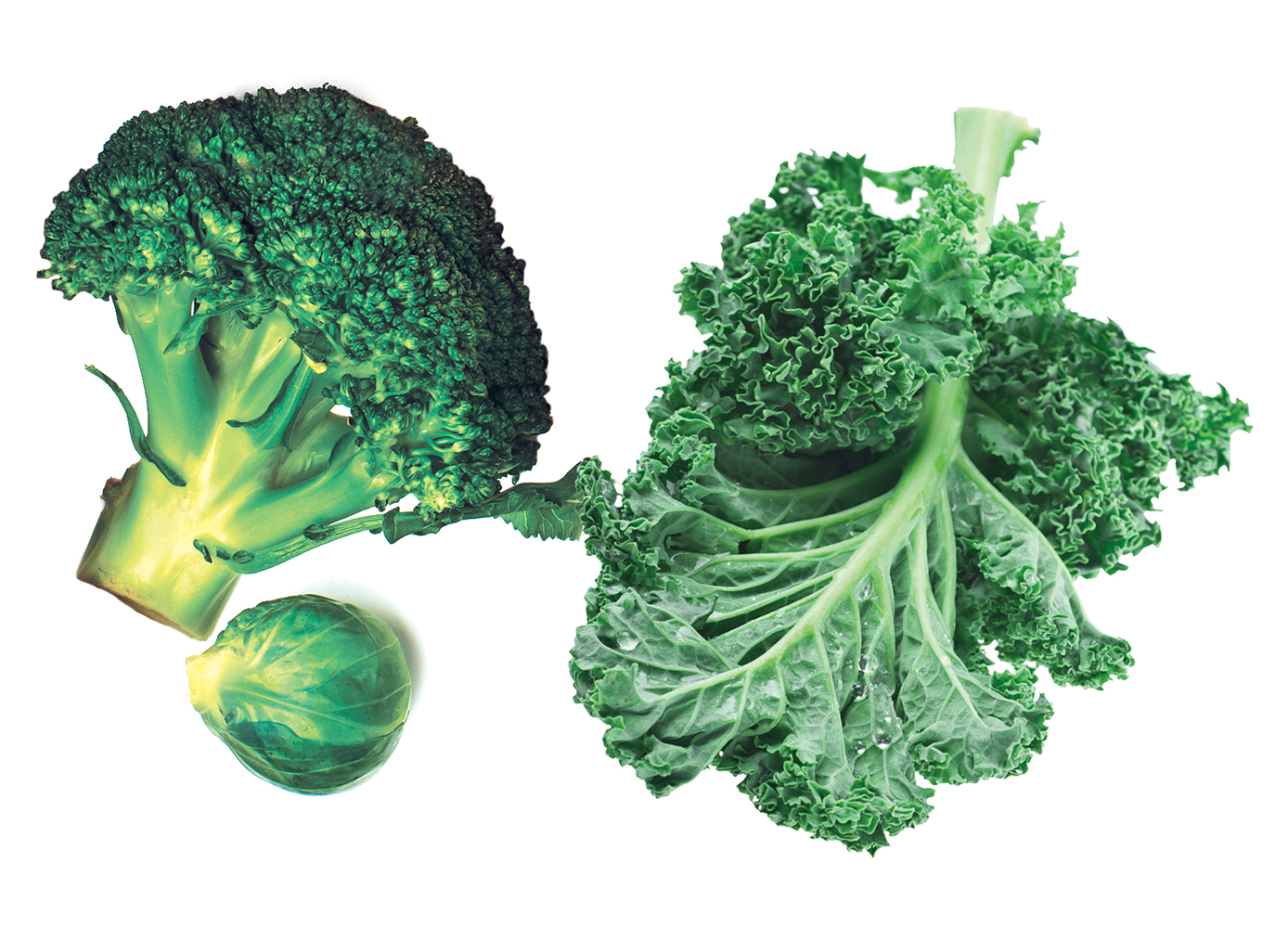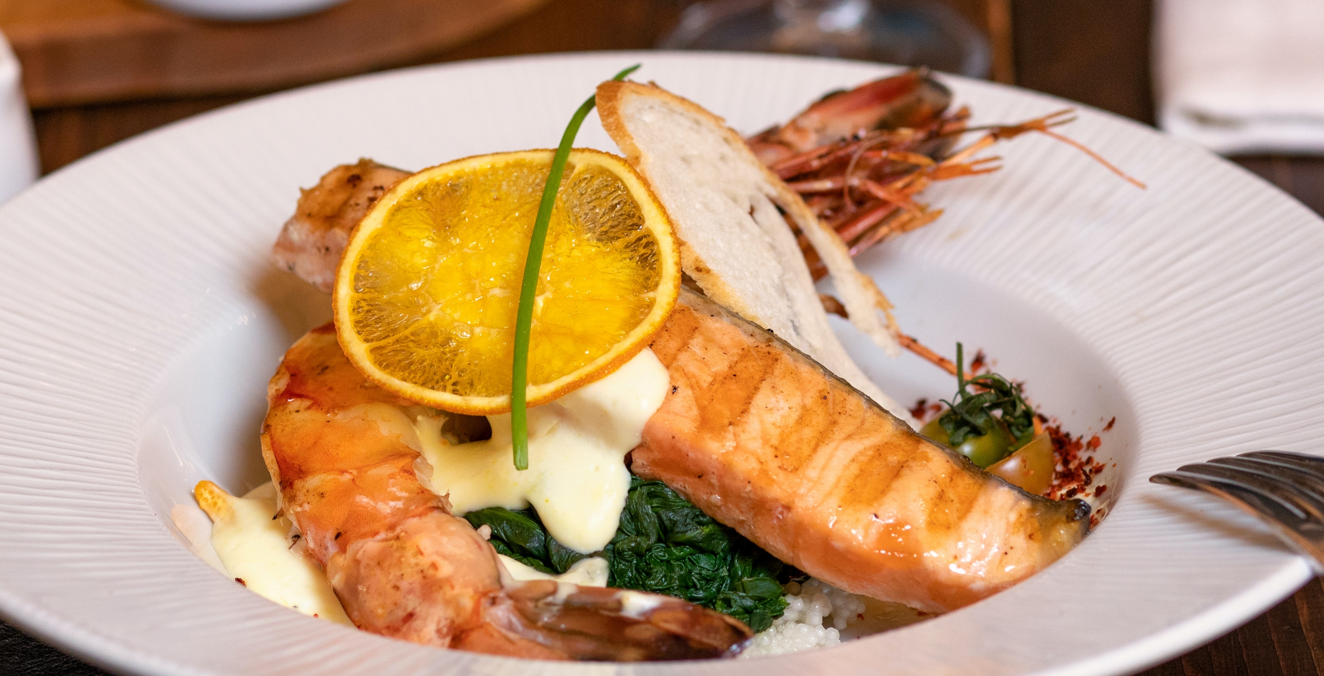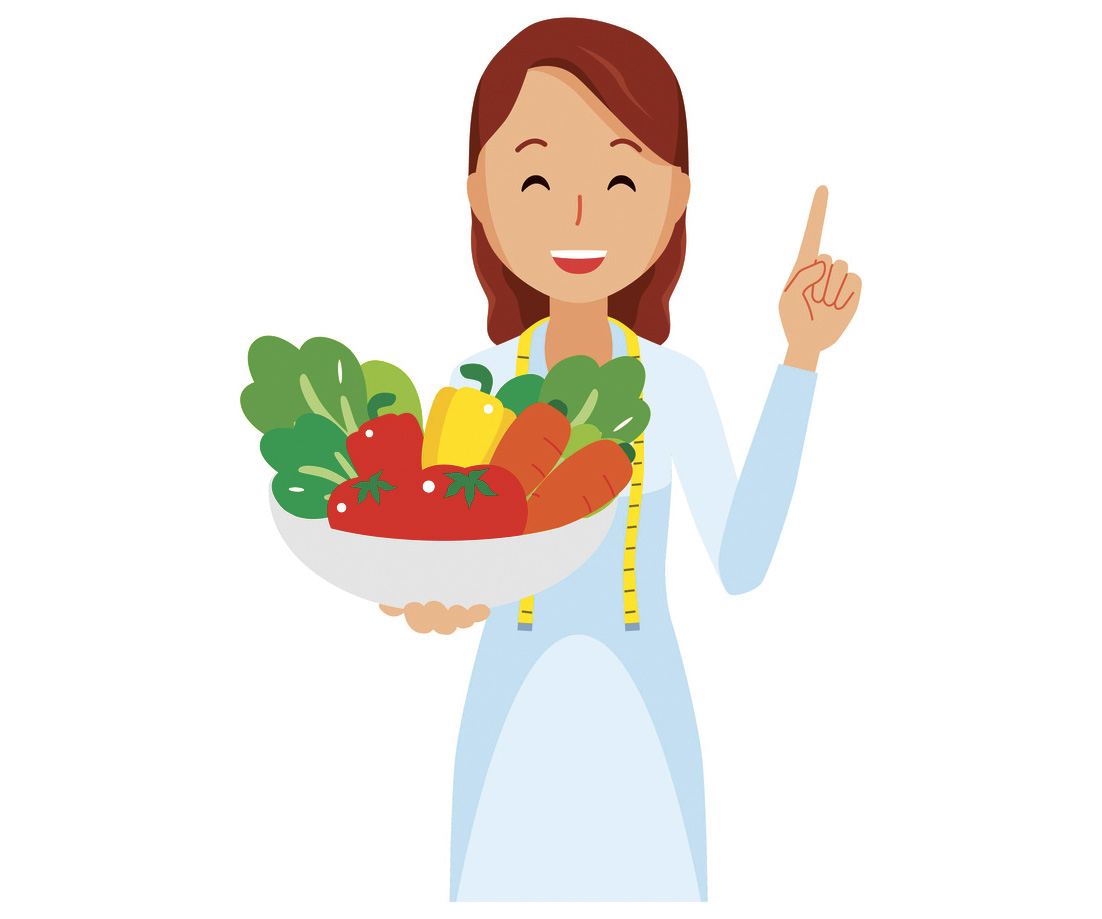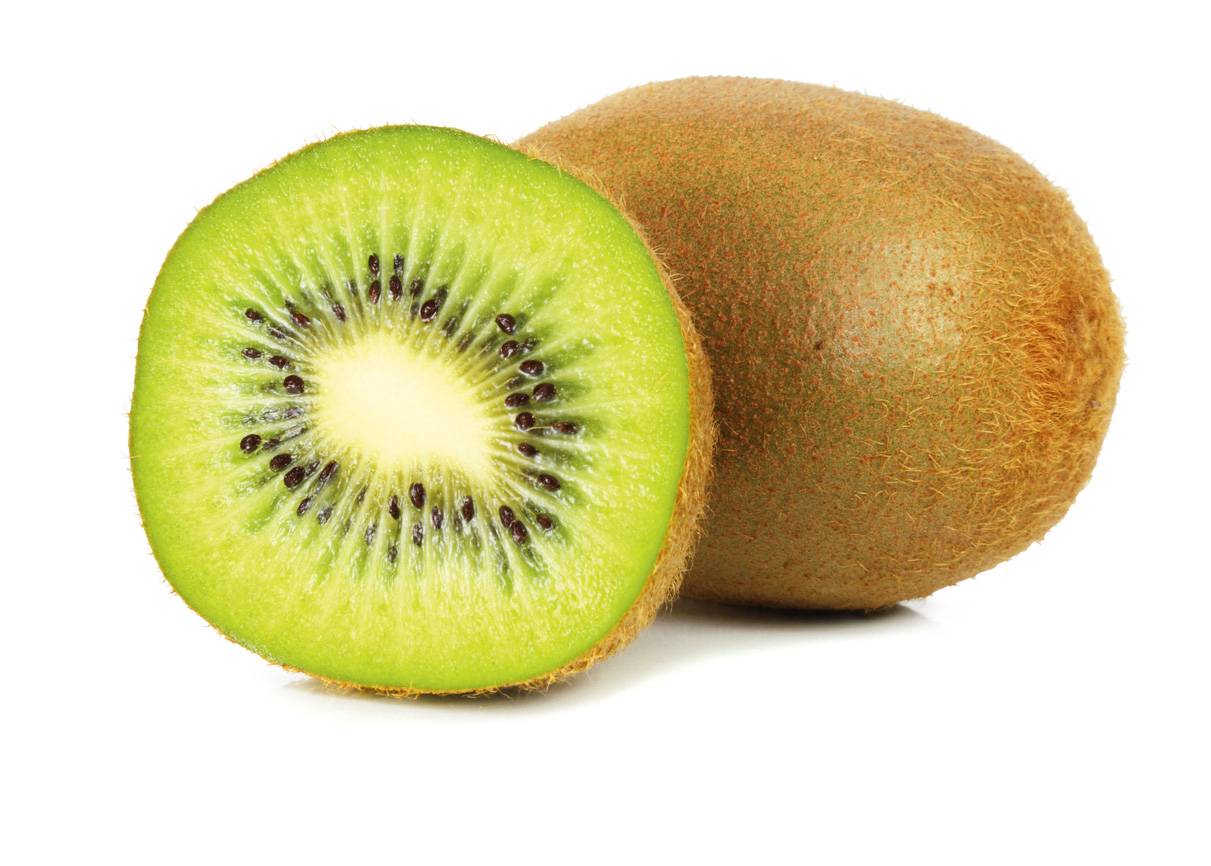If you hate Brussels sprouts, the reason might be your genes
Some people are genetically predisposed to dislike vegetables, according to a study presented at an American Heart Association conference.
Dubbed “super-tasters” by researchers, these people have a specific gene that heightens the bitter taste of many vegetables, among other foods.
“We’re talking a ruin-your-day level of bitter when they tasted the test compound. These people are likely to find broccoli, Brussels sprouts, and cabbage unpleasantly bitter,” lead author Jennifer L. Smith of the University of Kentucky School of Medicine in Lexington said in a statement. “They may also react negatively to dark chocolate, coffee, and sometimes beer.”
Other offenders can include kale, bok choy, arugula, watercress, collards, and cauliflower.
The taste gene TAS2R38 has two variants—AVI and PAV. If you have two copies of AVI, you won‘t notice bitterness. If you (like about 50% of people) have one copy of AVI and one of PAV, you can taste both bitter and sweet. But if you’re one of the roughly one in four people with two copies of PAV, you’re likely to be super-taster and find bitter foods repellent.
In the study in question, researchers found that subjects with two copies of PAV were more than two and a half times more likely to eat fewer vegetables than the average person.
Adding salt or frying the vegetables in oils or animal fats didn’t seem to improve their taste, researchers said. “We thought [these subjects] might take in more sugar and salt as flavour enhancers to offset the bitter taste of other foods, but that wasn’t the case,” Smith said.
On the other hand, roasting vegetables can help sweeten their taste, and adding minced garlic can help mask bitterness.
Some have taken things further, with food scientists cross-breeding vegetables to influence their flavour. This has already proved successful. The Brussel sprouts we eat today are considerably less bitter than the those available prior to the 1990s.
“Down the road, we hope we can use genetic information to figure out which vegetables people may be better able to accept and to find out which spices appeal to super-tasters so we can make it easier for them to eat more vegetables,” Smith said.
Photo: iStock.






